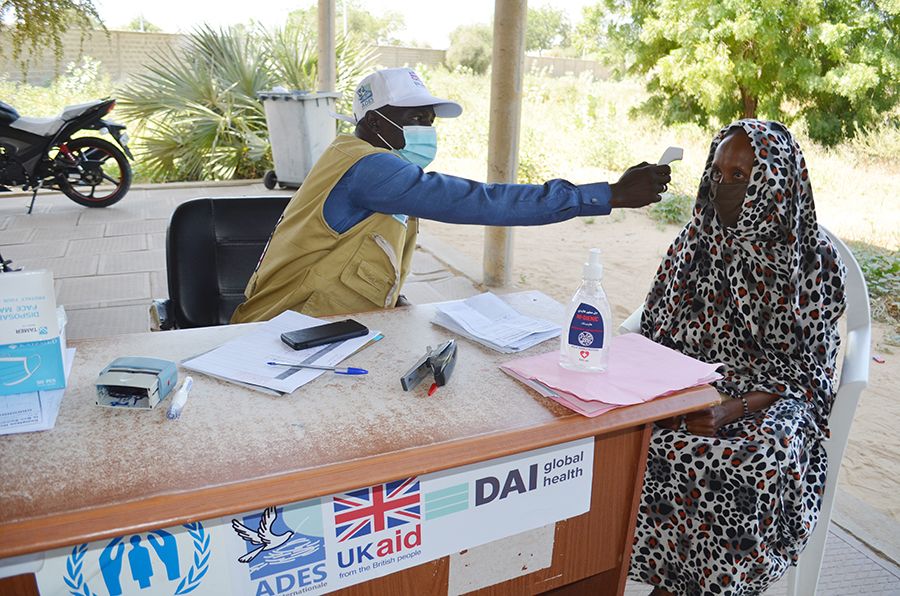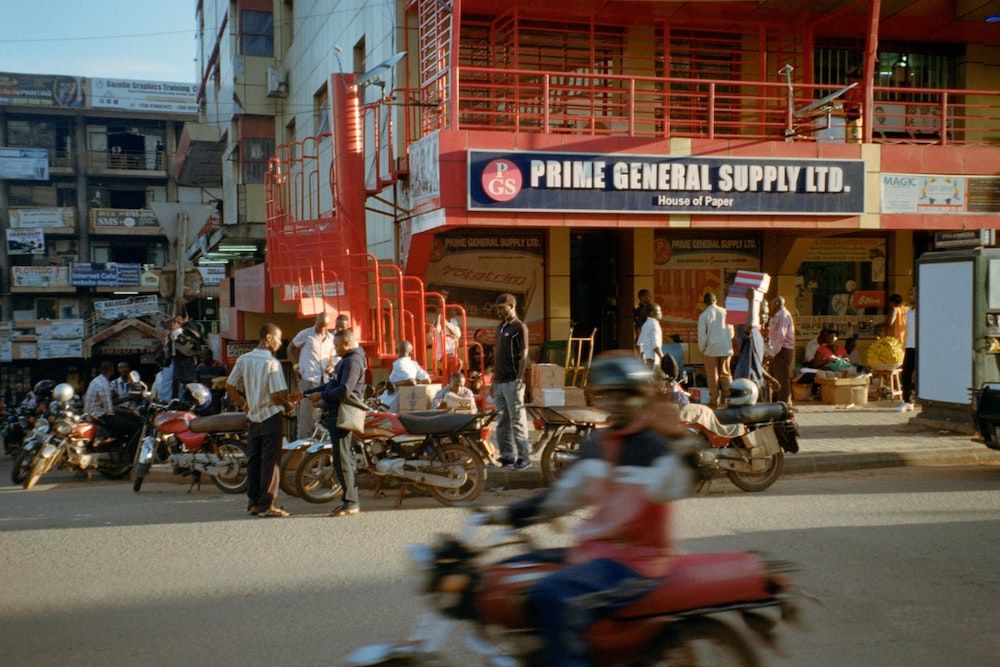At a time when social distancing and other restrictive measures are forcing almost all of our interactions to take place virtually, the European Union (EU)-funded Balochistan Rural Development and Community Empowerment (BRACE) programme in Pakistan is harvesting responsiveness from already established networks to stop the spread of COVID-19. The partnerships with communities, developed prior to the crisis, are now being used to scale-up efforts of the District Government to curb the spread of the coronavirus in the province.
On February 23, Pakistan closed its border to visitors from Iran after 43 cases were reported there. Three days later, the Prime Minister’s Special Assistant on Health, Zafar Mirza, confirmed the first two cases of coronavirus in Pakistan. The government quickly responded with a National Action Plan for Coronavirus Disease and launched a COVID-19 platform with real-time statistics from all provinces. From March 10 to June 6, the site has reported 113,702 confirmed cases and 2,255 deaths in this country of 220 million. For the same period, in Balochistan province, the tally shows 7,031 confirmed cases and 62 deaths.
DAI’s Human Dynamics supports the Government of Balochistan with the implementation of the Rural Development and Community Empowerment (BRACE) Programme. Within the BRACE Programme, the EU-funded BRACE Technical Assistance project supports the Government of Balochistan in reducing the negative impact of poverty and social inequality. The technical assistance focuses developing a provincial policy and fiscal framework to better facilitate community-driven socioeconomic development interventions with empowered citizens and communities.
The BRACE Programme’s community mobilisation approach engages community, village, and local support organisations and is implemented by the Rural Support Programme (RSP) organizations. Within the larger BRACE, which started in 2017, the Technical Assistance project aims to strengthen the capacities of local authorities to manage and involve communities in local public sector planning, financing, and implementation. It focuses on empowering citizens and communities, and is developing a policy and fiscal framework to better facilitate these community-driven socioeconomic development interventions.
To date, the RSPs of the BRACE Programme have engaged with 163,892 households through community, village, and local support organizations across nine districts. Once COVID-19 took hold, the BRACE Programme quickly initiated response measures in close coordination with the EU Delegation in Islamabad:
- Training 900 people to detect the symptoms of the disease and teach hygienic practices such as handwashing with soap, wearing a mask, and other preventive measures.
- Designing and distributing informational fliers to more than 9,000 households on COVID-19 preventive measures, including messages about hygiene and physical distancing.
- Producing fliers with specific guidelines for all implementing partners, with instructions on how to organise meetings without endangering the health of participants.
- Mobilising programme beneficiaries from 70 local technical and vocational education and training organisations to support mask production.

Nearly 1,500 masks were produced in Barkhan, Jhal Magsi, Khuzdar, Loralai, and Pishin districts. Photo courtesy BRACE.
In close-knit Pakistan, mobilising local populations to behave responsibly is key to fighting the pandemic’s spread. The programme’s previous efforts in building and empowering resilient communities are now paying off. Coordinators in the provincial level in Quetta City and in the targeted nine districts are supporting local authorities’ efforts to flatten the curve of the pandemic, taking advantage of networks and partnerships built since 2017 to help the provincial governments amplify their actions.
The BRACE Technical Assistance project has its base of operations in the Balochistan Province, and quickly responded to reports of the coronavirus outbreak. Through our technical assistance Director of District Coordination in Quetta and the District Coordinators and Assistant District Coordinators posted in the nine target districts of Balochistan, our team facilitated their respective Deputy Commissioners’ offices in the organisation of COVID-19 awareness raising campaigns; monitoring of quarantine centres and isolation wards; verification of data of households affected by the coronavirus; and other duties.
For example, BRACE Technical Assistance staff have helped the Government of Balochistan implement its COVID-19 Emergency Response Plan by facilitating meetings, events, and activities; conducting or supporting basic surveys; and providing input for implementation plans and reporting. Some staff act as focal points for the District Councils and members of the District Health Management Committees, responsible for submitting daily District Health Situation Reports. Their work enables the District Emergency Coordination Centre to conduct and share situation analysis reports with their respective district administrations.

COVID-19 awareness session. Photo courtesy BRACE.
Coordinators are also involved in establishing and supervising quarantine centres and isolation wards, conducting house-to-house awareness campaigns on precautionary health measures, supporting the preparation of reports covering the data of emergency patients, drafting duty rosters of health workers, and so on. Others are helping administrations supervise supplies, facilitate procurement of equipment for isolation wards, and disburse aid relief for vulnerable groups.
The crisis led the project to uncharted territory, and these unplanned activities addressing COVID-19 are disrupting the original workplan. The project continuity plan—developed by DAI-Human Dynamics with the technical assistance team, in consultation with DAI’s COVID-19 Coordinating Committee—ensures that experts observe World Health Organization COVID-19 protocols. Alternative means and remedial actions for further implementation of the project were proposed with regard to response on COVID-19. The document is especially relevant to guarantee the wellbeing of our colleagues when interacting with government stakeholders and enables the continuity of activities to implementing partners and project beneficiaries.
Yet our team’s flexibility and availability is strengthening our relationship with District Administrations—just as the engagement with communities significantly contributes to a better understanding of what the population needs, at both the district and village levels.
While we continue seeking more effective ways to support the fight against the pandemic, we remain confident that this mutual trust and people’s insights will be crucial to make our post-coronavirus project even more relevant.
Peter Portier is the Team Leader of the BRACE Technical Assistance project.




